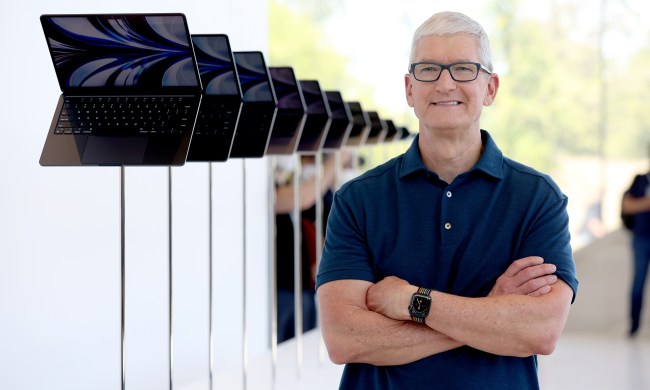
Earlier this week, Redmond software giant Microsoft looked like it might change its licensing agreements to permit Home editions of its Windows Vista operating system to be used under virtualization. But in the end, the company has decided to leave its licensing agreements unchanges, meaning that if computer owners want to run legally Windows Vista in virtualized environments, they’ll need to shell out the extra money for Business, Enterprise, or Ultimate editions of the operating system.
Microsoft originally outlined its virtualization policy under its end-user licensing agreements (EULAs) unveiled at toward the end of 2006. Those polices remain unchanged.
The decision to stick with existing EULAs is particularly irksome to Macintosh users looking to run the occasional Windows application using virtualization tools like Parallels Desktop or VMWare Fusion, (Users of Apple’s own Boot Camp dual-booting technology are not impacted, since it enables an Intel-based Mac to start up using a Windows operating system, rather than running Windows as a virtual OS within Mac OS X).
Earlier this week, Microsoft had indicated to Macworld that it would be changing its EULAs to permit virtualized use of Home editions of Windows Vista, in response to customer feedback.
Virtualization developers say they will continue to work with Microsoft on licensing for Windows Vista Home editions, but note that most virtualization users—on the Mac, anyway—are running Windows XP rather than Vista.


